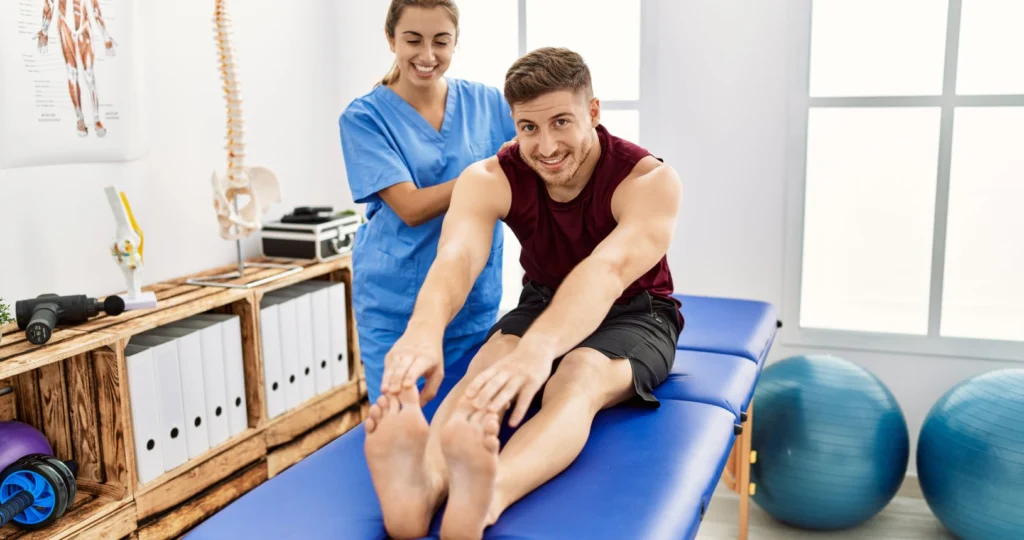A well-balanced and carefully tailored diet is a cornerstone of effective post-surgery recovery. In Korean medical centers, nutrition is treated as an essential component of the healing process, especially for patients recovering from cosmetic, reconstructive, or general surgeries. Korean hospitals emphasize personalized diet plans that provide the nutrients necessary to speed up tissue repair, reduce inflammation, and support the immune system.
This article dives deep into how nutrition and diet plans are integrated into post-surgery recovery programs at Korean medical centers, and why they are vital for international patients aiming for optimal healing.
The Role of Nutrition in Post-Surgery Recovery
Proper nutrition supports every phase of recovery by:
- Enhancing collagen synthesis for wound healing
- Reducing post-operative inflammation and swelling
- Boosting immune defense to prevent infection
- Maintaining energy levels and preventing muscle loss
- Supporting organ function during metabolic stress
In Korea, these benefits are maximized through scientifically designed meal plans that adapt to each patient’s surgery type, health status, and personal preferences.
How Korean Medical Centers Customize Diet Plans
1. Initial Post-Operative Phase: Gentle, Easily Digestible Foods
Immediately after surgery, the focus is on providing:
- Light, soft foods that are easy on the digestive system such as rice porridge (juk), steamed vegetables, and mild broths
- Hydrating fluids and herbal teas to replenish electrolytes and support detoxification
- Avoidance of spicy, oily, or heavily processed foods to prevent gastrointestinal discomfort
This gentle approach minimizes stress on the body while ensuring adequate nutrient intake.
2. Mid-Recovery Phase: Nutrient-Dense and Healing-Focused Meals
As patients progress, diet plans shift toward:
- Protein-rich foods like lean chicken, fish, tofu, and legumes that aid tissue repair and muscle maintenance
- Antioxidant-packed vegetables such as spinach, kale, and sweet potatoes to combat oxidative stress
- Foods high in vitamins A, C, and E, as well as zinc, which are crucial for skin regeneration and immune support
- Whole grains and fermented foods like kimchi that promote gut health and improve digestion
These balanced meals are designed to optimize healing and energy restoration.
3. Late Recovery and Maintenance: Balanced, Anti-Inflammatory Diet
Towards the final stages, patients receive guidance on long-term eating habits that:
- Support ongoing skin health and scar minimization
- Maintain a healthy weight and metabolism
- Reduce chronic inflammation through foods rich in omega-3 fatty acids (e.g., fatty fish, walnuts)
- Encourage regular consumption of probiotics and fiber for digestive wellness
This phase helps patients transition back to their normal diets with a focus on sustained wellness.
Special Dietary Considerations in Korean Post-Surgery Programs
- Cultural Preferences: Korean meals are often modified to suit international patients’ tastes while retaining healing properties.
- Food Allergies and Intolerances: Dietitians carefully avoid allergens and customize meals accordingly.
- Hydration: Emphasis on drinking adequate water, herbal infusions, and nutrient-rich broths.
- Supplements: In some cases, vitamins and mineral supplements are provided under medical supervision to fill nutritional gaps.
Korean medical centers often have dedicated nutritionists who work closely with surgical teams to ensure dietary plans complement the overall recovery.
Nutritional IV Therapy: A Boost for Recovery
Many Korean clinics also offer nutritional intravenous (IV) therapy, delivering vitamins, antioxidants (such as glutathione and vitamin C), and hydration directly into the bloodstream. This method ensures rapid absorption, especially helpful when oral intake is limited or insufficient.
Benefits for International Patients
International patients benefit from Korea’s comprehensive nutrition care by:
- Receiving culturally sensitive meal options tailored to their recovery needs
- Avoiding common post-surgery complications related to poor nutrition
- Accelerating recovery times through optimal nourishment
- Gaining access to professional dietitian support, often with English-language services
Conclusion
Nutrition is a vital pillar of post-surgery recovery in Korean medical centers. Through carefully crafted diet plans that evolve with each recovery stage, Korean hospitals ensure patients receive the essential nutrients needed for faster healing, reduced complications, and improved overall outcomes.
If you are planning surgery in Korea, understanding the importance of these nutrition protocols can help you prepare for a smoother and more successful recovery.




